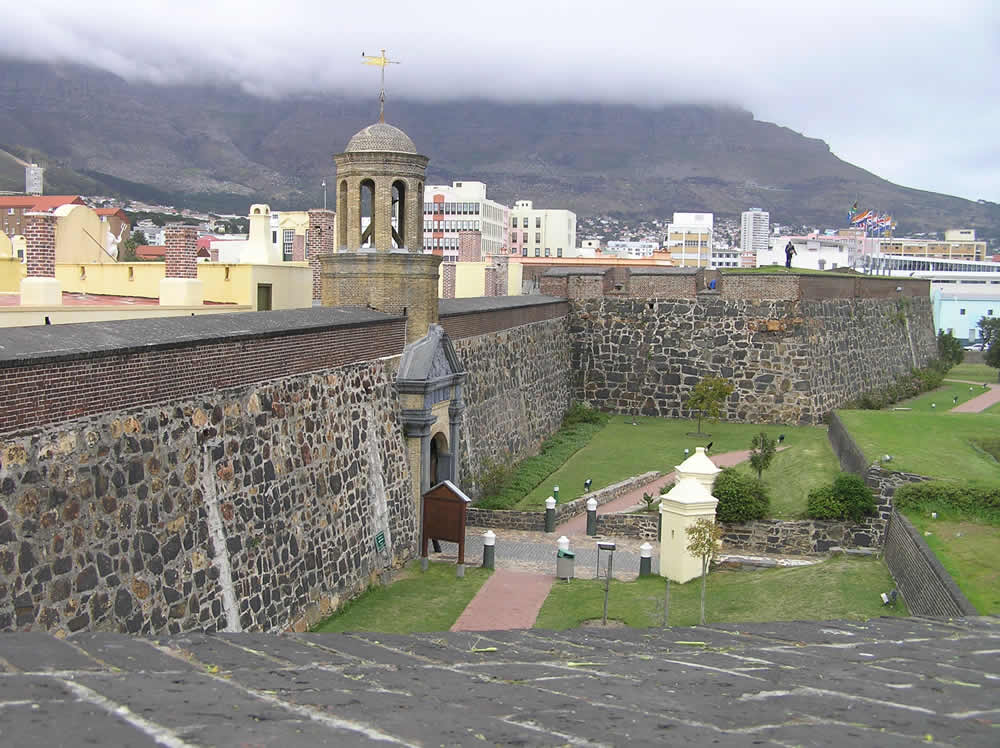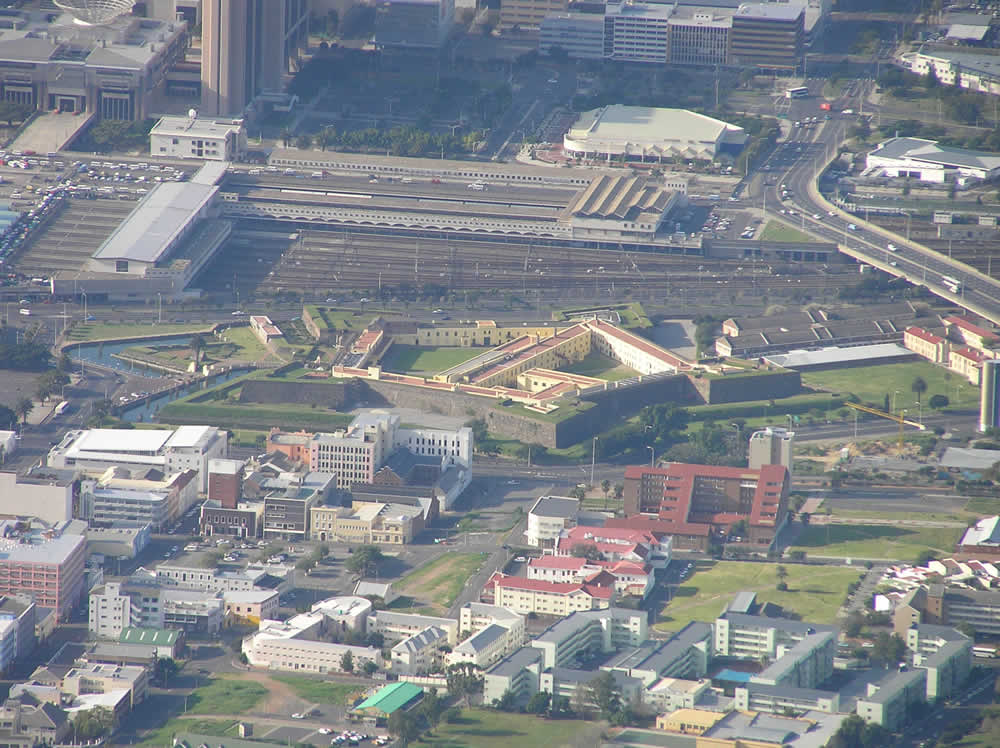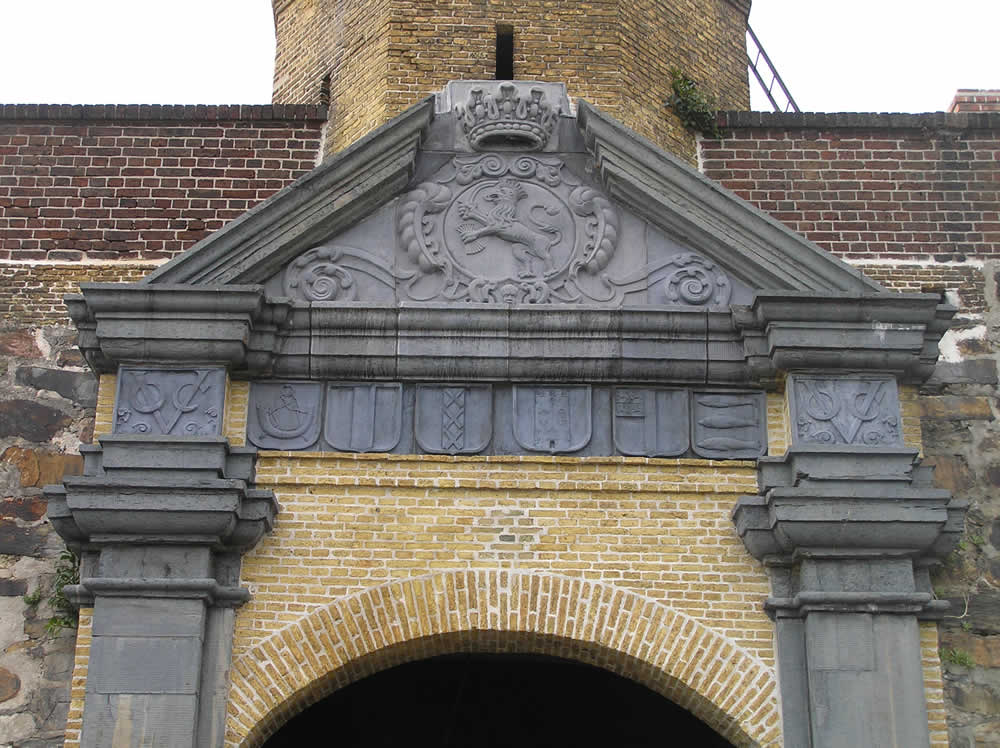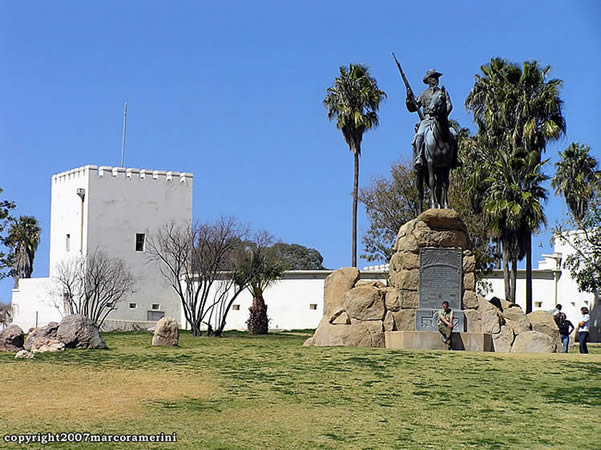Written by Marco Ramerini. English text revision by Dietrich Köster. DUTCH EMPIRE: AFRICA MAURITANIA: – Monod,Th., “L’île d’Arguin (Mauritanie), essai historique” 327 pp., 5 maps, IICT and CECA 1983, Lisbon, Portugal. Detailed research on Arguin castle history during the Portuguese, Dutch and Brandenburg periods. WEST AFRICA, GHANA (GOLD COAST): – Various Authors, “John Conny & […]
Category: Africa
Written by Marco Ramerini. English text revision by Dietrich Köster. PORTUGUESE EMPIRE: AFRICA AFRICA GENERAL: – Various Authors “Portugaliae Monumenta Africana” 500+608 pp. 2 vols., Casa da Moeda, 1993-1995, Lisbon, Portugal. – Fernandes, J. M. “Luís Benavente e as fortalezas de África (1956-1973)” In: “Oceanos” n° 28 Oct/Dec. 1996 pp. 41-52 – Madeira Santos, Maria […]
Written by Marco Ramerini. Photos by Alan Sutton Situated along the coast of Tanzania, Kilwa fort was built by the Portuguese in 1505 and was the first stone fort built by the Portuguese along the coast of East Africa. The construction of the fort was the work of the sailors and soldiers of the squadron […]

Written by Marco Ramerini. English text revision by Dietrich Köster. The Castle of Good Hope (Kasteel de Goede Hoop) is the oldest building in South Africa, it was built by the Dutch East India Company (VOC, Vereenigde Oost-Indische Compagnie) between 1666 and 1679; it was built in stone in substitution of a first wooden fort […]

Written by Marco Ramerini. English text revision by Dietrich Köster. The Dutch settlement history in South Africa began in March 1647 with the shipwreck of the Dutch ship Nieuwe Haarlem. The shipwreck victims built a small fort named “Sand Fort of the Cape of Good Hope”. They stayed for nearly one year at the Cape. […]

Written by Marco Ramerini. English text revision by Dietrich Köster. THE AFRIKAANS LANGUAGE Afrikaans is a language of Dutch origin and structure similar to Flemish; it’s also influenced by various African languages and by Portuguese, German, French and Malay. Afrikaans was declared an official tongue of South Africa besides English in 1925. Afrikaans is not […]
Written by Marco Ramerini, photos and information by James Leese. English text revision by Dietrich Köster. According to a source dated 1815, this was the situation of the Portuguese forts on the island of Príncipe, in particular in the Bay of San António, where almost all the boats anchored: the two main defenses of the […]
Written by Marco Ramerini. English text revision by Dietrich Köster. The revolt of Amador, named after the slave who led it, is the most important attempt of rebellion that has ever happened on the island of São Tomé. The revolt of the slaves of the island began on July 9, 1595. The leader of this […]
Written by Marco Ramerini. English text revision by Dietrich Köster. Shortly after the Union of Spain and Portugal, Philip II imposed the ban on the Dutch to trade and use the Iberian ports, this act was the result of the Dutch rebellion against the Spanish king, and it suddenly kept the Dutch away from the […]

Written by Marco Ramerini. English text revision by Dietrich Köster. The Alte Feste Fort was founded by the German commander Curt von François in 1890. He laid the foundation stone for the construction of the fort on 18 October 1890. It is therefore the oldest building in the city of Windhoek, the capital of Namibia. […]
Written by Marco Ramerini. English text revision by Dietrich Köster. Mauritius was discovered in 1505 by the Portuguese navigator Domingo Fernandez, who named it “Ilha do Cerne”, a corruption of Ilha do Cisne, meaning Swan Island. The Portuguese used the island as a fresh food reserve for the ships bound for India. The first Dutchman […]
Written by Marco Ramerini. English text revision by Dietrich Köster. The big island of Madagascar was discovered in 1500 by a Portuguese fleet under the command of Diogo Dias, which was part of a fleet of 13 ships commanded by Pedro Álvares Cabral. The Portuguese called the new discovered island Ilha de São Lourenço. The […]
Written by Dietrich Köster. Brazil – 07 September 1822 Cape Verde – 05 July 1975 Portuguese Guinea – unilateral proclamation: 24 September 1973, definitive independence: 10 September 1974 São João Baptista de Ajudá – occupation by the Republic of Dahomey (Benin): 01 August 1961 São Tomé and Príncipe – 12 July 1975 Angola – 11 […]
Written by Dietrich Köster © June 2012 by Dietrich Köster, D-53113 Bonn Cape Verde Official name: Republic of Cape Verde Capital city: Praia Language: The official language is Portuguese, besides Creole is spoken. Population: 530,000 Area: 4,036 sq km Currency: Cape Verde Escudo (CVE) Independence Day: 05 July 1975 Guinea-Bissau Official name: Republic of Guinea-Bissau Capital […]
Written by Marco Ramerini. English text revision by Dietrich Köster. After the conquest, in 1415, of the Arab stronghold of Ceuta in Morocco, the Portuguese were the first Europeans to explore the African coast, and in the 1460s they built the first fort in Arguin (Mauritania). 1482 was the year of the construction of São […]
Written by Marco Ramerini. Photos by Virgílio Pena da Costa. English text revision by Dietrich Köster. The city of Luanda, the capital of Angola, was founded by the Portuguese explorer Paulo Dias de Novais on 25 January 1576. The city was named by the Portuguese as “São Paulo da Assumpção de Loanda”. The Portuguese, in […]
Written by Marco Ramerini. English text revision by Dietrich Köster. In 1498 the Portuguese explorer Vasco da Gama arrived in Mombasa on his route to India. Fort Jesus was built after the Portuguese had become masters of the East African coast for nearly a hundred years. During this time they had as main base an […]
Written by Marco Ramerini. English text revision by Dietrich Köster. FORT SÃO JORGE DA MINA (ELMINA) The first European-built fort in Ghana was Fort São Jorge da Mina (Elmina), which was built by the Portuguese in 1482 near an African village, with which they traded, called by them Aldeia das Duas Partes. The foundation stone […]